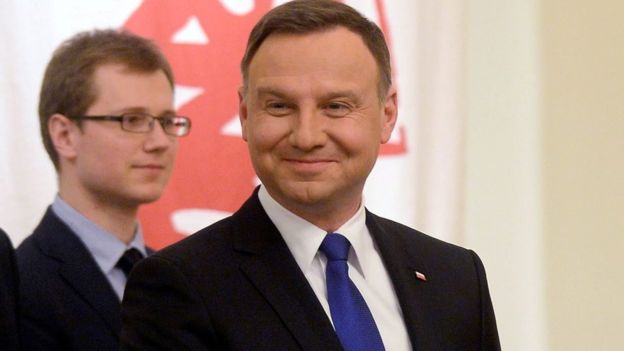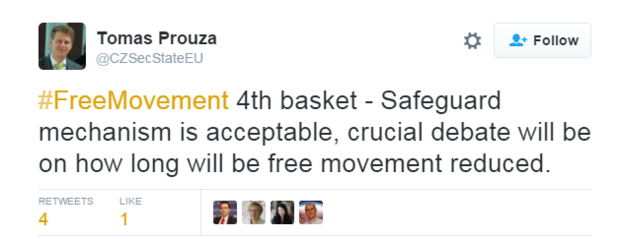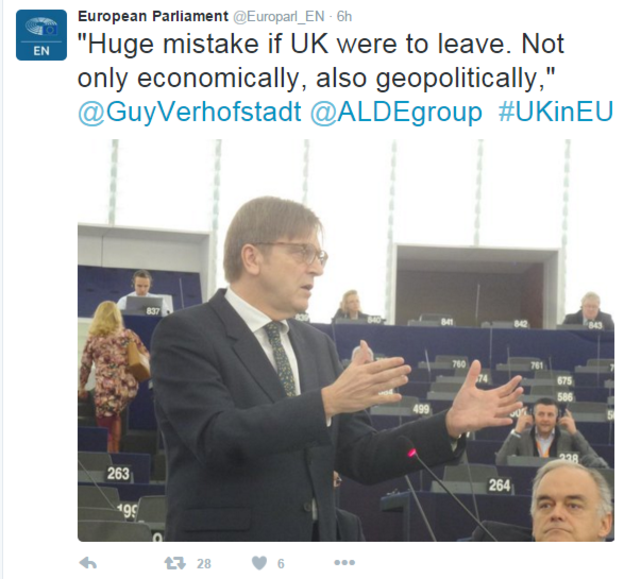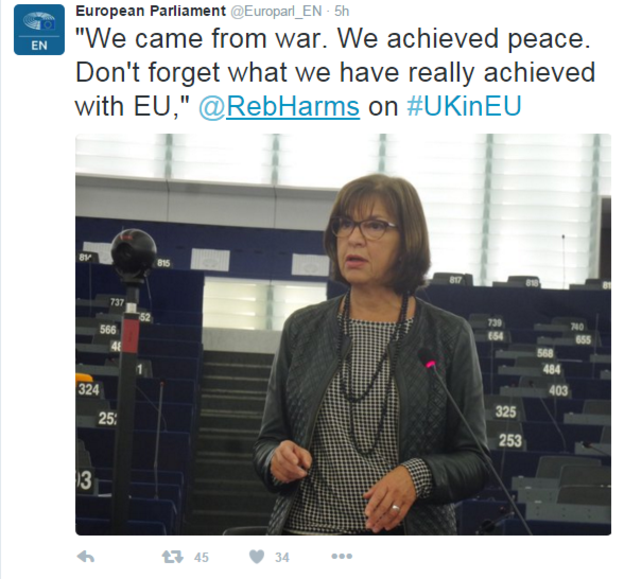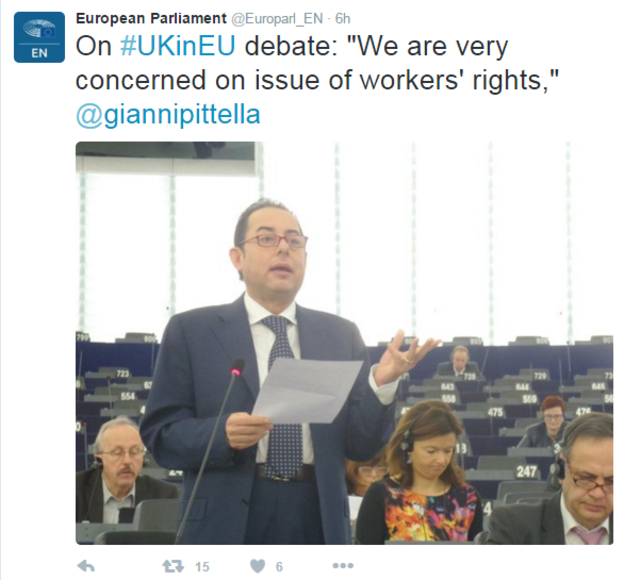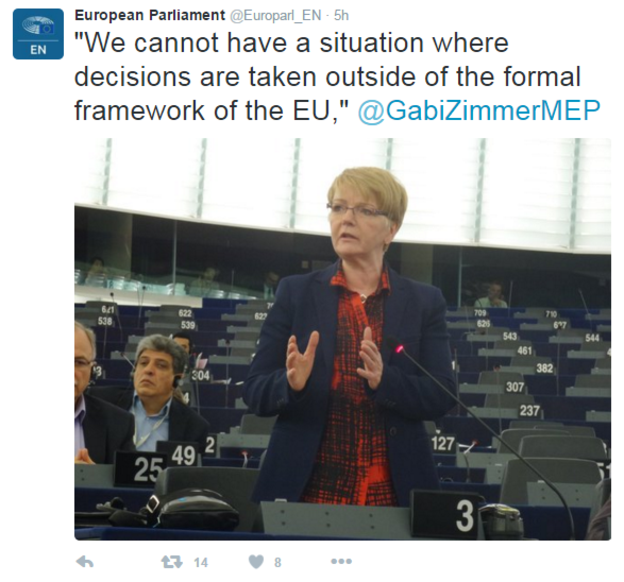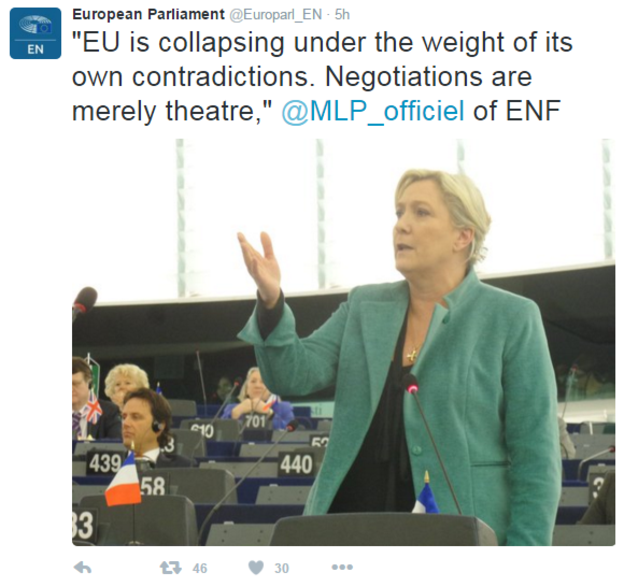UK-EU deal: What the rest of Europe thinks
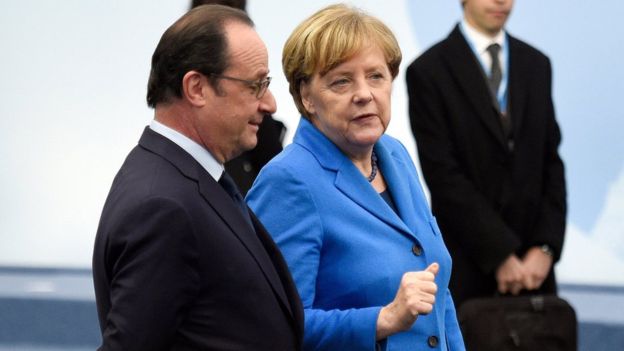
European Commission President Jean-Claude Juncker has described the draft EU reform deal as "fair for the UK and fair for the other 27 member states", while British Prime Minister David Cameron says the UK could get "best of both worlds" if the right package is agreed.
But what do the other EU countries think?
The German government says the draft is an "ambitious package" of proposals, and it is now "looking at the package in all its details". It says it will try to play a constructive role in the negotiations that follow.
However, France says there need to be some limits on the proposals.
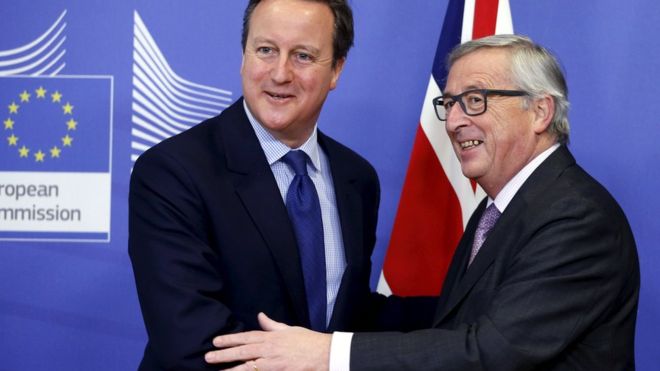
According to government spokesman Stephane Le Foll, French Foreign Minister Laurent Fabius told colleagues: "We must stay within the current treaties and there can be no interference from non-eurozone countries in the eurozone.
Poland's President Andrzej Dudahas previously indicated that he would not agree to any final deal unless the proposals to let the UK suspend social payments to migrants were acceptable to him.
However on Wednesday, Polish Foreign Minister Witold Waszczykowski said parts of the draft deal seemed "beneficial" because they "would not affect people who have already migrated to Britain — they will not lose any social benefits".
The Czech Foreign Minister, Tomas Prouza, has told the BBC he thinks "the UK does have a case of many people coming in and needing to change its social system."
"But what is also important for us in this deal is that it's not changing the rules for those already working in the UK, where they have been contributing to the system."
Finland's Prime Minister Juha Sipila said that his country "can live" with the package proposed by Mr Juncker, while Dutch Foreign Minister Bert Koenders said the draft "paves the way for an agreement in the European Council".
'A charade': The response from MEPs
There have also been lively responses from the European Parliament, which debated the draft measures on Wednesday.
Belgian MEP and former Prime Minister Guy Verhofstadt said Britain would be "a dwarf" without Europe.
"We Belgians, we know that we are dwarfs, but maybe they're going to know it also."
However, he added that the EU needed the UK as well: "Europe without Great Britain doesn't count; is not a counterweight against China, against Russia, against the United States."
"Putin wins in this game if Britain leaves. He likes the idea of a divided Europe."
German MEP Rebecca Harms from the Greens/European Free Alliance group urged members to think about what the EU had achieved.
"We came from war, we achieved peace," she said.
Italian MEP Gianni Pittella, of the centre-left S&D group, argued: "The UK outside the EU is weaker. We need to be able to speak clearly about the advantages that UK citizens get, because of the continued membership in the European Union."
German MEP Gabriele Zimmer from the left-wing GUE/NGL criticised the draft proposals, describing any opt-out for the free movement of EU workers as "the idea of the social union being buried".
"There is added value for UK citizens if they stay. Not just interests of financial markets should be taken into account."
Meanwhile, Polish MEP Zdzislaw Krasnodebskim, from the right-wing ECR group, told the BBC that EU workers should be treated fairly.
"According to all statistics the Poles are very successful in Great Britain, so I do not see why they shouldn't be paid the same benefits as a British worker."
France's Marine Le Pen from the eurosceptic ENF group dismissed all the negotiations as "merely theatre".
"The Brits have had enough of the EU. Finally the EU will be seen for the charade it is and people will get sovereignty back," she said.
The press
European commentators have been expressing reluctant acceptance of the EU reform deal tentatively agreed with the UK.
The negotiations are being widely depicted as a largely sham process designed to help David Cameron to convince sceptical Britons that he wrung painful concessions from the EU.
"The show can begin," Arnaud Leparmentier writes in France's Le Monde of the negotiations, which he says are about "nothing of substance".
In Poland, which has been vocally opposed to restrictions on benefits for EU migrants, the Gazeta Wyborcza daily says keeping Britain in the EU should be seen as Poland's overriding concern, even at the expense of Poles working in the UK.
"No matter how brutal but effective this is, it is worth sacrificing part of their benefit rights in Britain in order to save the EU from Brexit."
Политика конфиденциальности | Правила пользования сайтом
